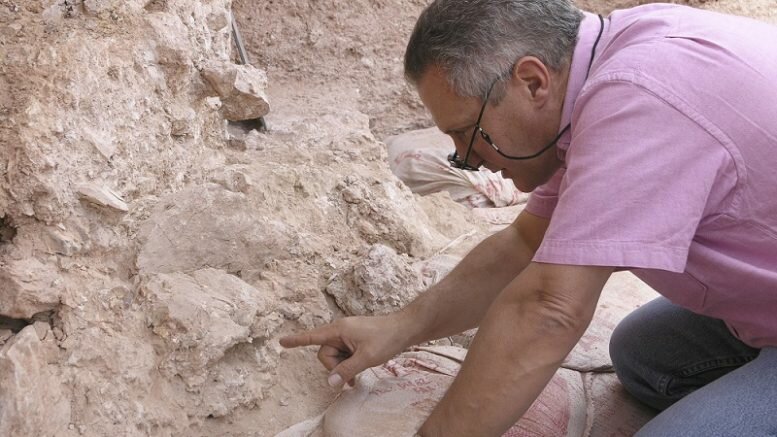New research, based on findings in Morocco, shows that humanity can be traced 300,000 years into the past. That is 100,000 more years than scientists previously believed.
–
Research published in the scientific journal, Nature, has revealed a groundbreaking fossil discovered at Jebel Irhoud, in Morocco.
The fossil is the oldest find of the species Homo Sapiens discovered so far, and the site is far from Ethiopia, where the previous oldest fossil was located.
In 2003, a skull estimated to be between 154,000 and 160,000 years old, and parts of 195,000 years old human skulls were discovered, reported The New York Times newspaper.
–
‘We didn’t develop from a single place somewhere in East Africa,’ said paleoanthropologist Phillipp Gunz, co-author of the study.
–
‘To talk about the ‘Garden of Eden’, one would have to cover the whole continent,’ said Jean-Jacques Hublin, another researcher behind the study.
–
The fossil find shows that the so-called ‘first known examples’ of Homo Sapiens had faces that were very similar to today’s humans, although their brains functioned differently.
–
‘They mostly had faces that you could see on the train in New York,’ said Hublin..
–
The discovery was made approximately 55 kilometres (34.1 miles) southeast of the coastal city of Safi, northwestern of Marrakesh, between
the years 2007 and 2011, and includes a skull, a jaw and teeth, as well as flint tools.
–
The researchers have combined the find with the bones discovered by miners in the 1960s, which had not been properly dated. They say that there are at least five people, among them an eight year old child.
–
In the 300,000 years that have passed since, it is largely the human brain that has undergone the biggest changes, the researchers said.
Source: NTB scanpix / Norway Today





